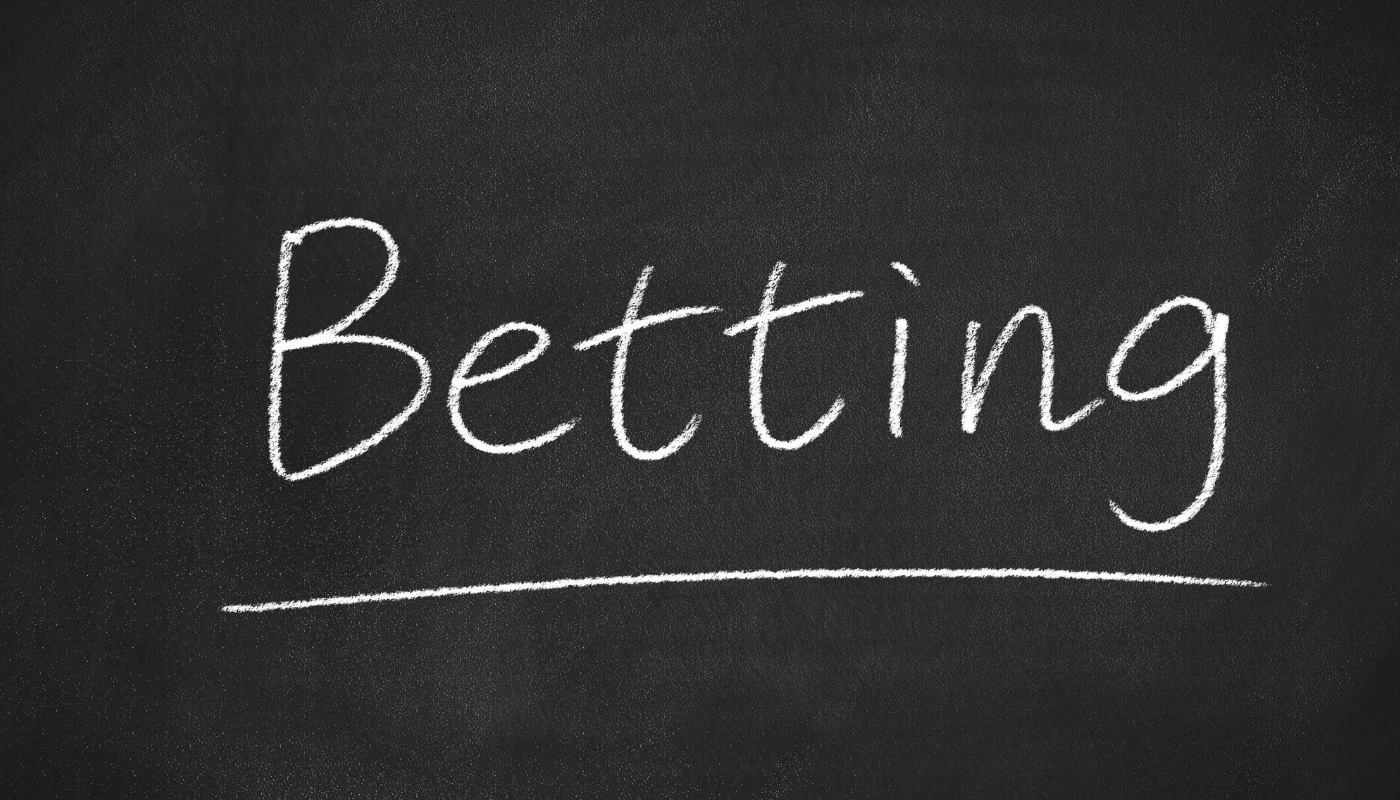In the competitive realm of athletics, where pushing physical boundaries is the norm, recognizing and understanding the nuances of concussions is paramount for athletes across all disciplines. Concussions, or mild traumatic brain injuries as they’re medically known, can occur in any sporting activity, affecting participants from amateur to professional levels. The implications of such injuries can ripple out, affecting more than just athletic performance. Here’s a deep dive into why athletes, their coaches, and sports aficionados must be well-versed in the subject of concussions.
Unveiling the Stealthy Nature of Concussions
Concussions can be deceptive, often presenting no visible injuries or immediate symptoms, making them particularly insidious. An athlete might not lose consciousness yet still suffer from one. Symptoms vary widely, from headaches and disorientation to more severe, lasting issues like cognitive impairments and mood disorders. This variability and subtlety in symptoms highlight the critical need for increased awareness and proactive observation from everyone involved in sports.
The Path to Prevention and Swift Recognition
Armed with knowledge about concussions, athletes and sports organizations can implement more effective preventative measures. Proper protective equipment, adherence to sportsmanship and safe play, and education on the dangers of concussions can all diminish the risk. Recognizing the early signs of a concussion ensures prompt intervention, which is crucial for recovery. Early detection hinges on awareness, making education a powerful tool in the athlete’s arsenal.
Recovery: A Non-Negotiable Priority
The journey back from a concussion underscores the necessity of patience and adherence to medical advice. Rushing back into the game post-concussion can escalate risks, including the chance of subsequent concussions and potential long-term neurological damage. Understanding the importance of a gradual, carefully monitored return to activity is essential for athletes, emphasizing rest and a step-wise increase in activity as symptoms allow.
Cultivating a New Sports Ethos
The traditional sports ethos that prizes toughness and playing through injuries is outdated and dangerous, especially concerning concussions. Shifting this mindset starts with education, prioritizing health, and safety above all. A culture where athletes feel supported in reporting symptoms and taking necessary recovery time is vital for changing perceptions and practices around concussions.
Lifelong Learning: Keeping Up with Concussion Science
As scientific understanding of concussions grows, so too should the education of those involved in sports. Ongoing engagement with the latest research, treatment modalities, and preventive strategies is crucial. Incorporating regular educational updates on concussions into athletic training and coaching programs ensures all parties are equipped with the most current information.
In Summary
Awareness and education about concussions safeguard the futures of athletes, allowing them to pursue their sporting passions safely. By understanding the risks, recognizing the signs, and adhering to recovery protocols, the sports community can foster a safer environment for all participants. As the narrative around sports and health continues to evolve, let a commitment to knowledge and safety guide the way, ensuring athletes can enjoy their sports sustainably and healthily.



Leave a Reply